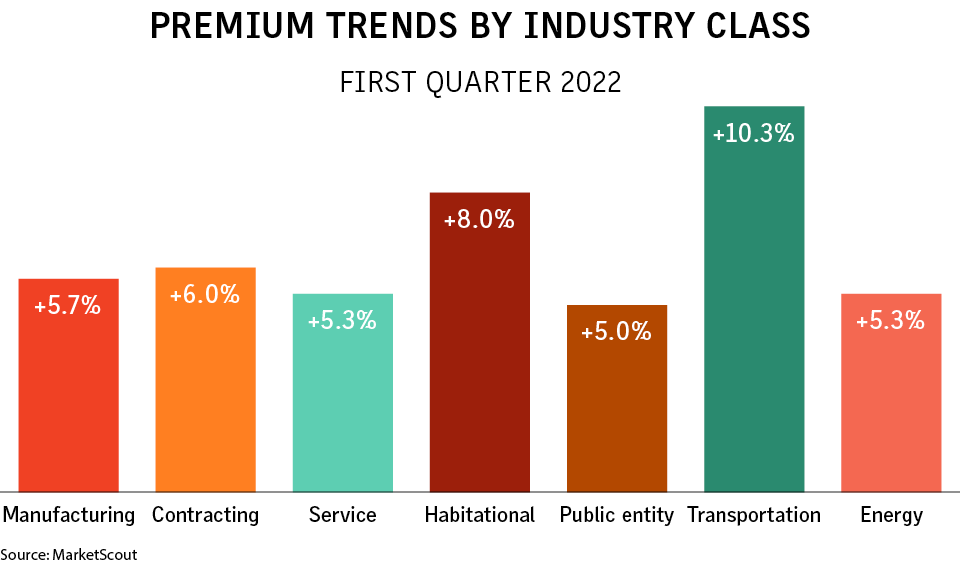ESG factors
Navigating Business Risks: Current Insurance Trends
![]()
Navigating Business Risks: Current Insurance Trends
The landscape of business insurance is constantly evolving to address emerging risks and challenges. In this article, we explore the current trends shaping the world of business insurance, providing insights into how companies can navigate risks effectively.
Rising Importance of Cyber Insurance
In an era dominated by digital connectivity, cyber threats have become a significant concern for businesses. Cyber insurance has emerged as a vital component of risk management, providing coverage against data breaches, ransomware attacks, and other cyber risks. As technology continues to advance, the demand for robust cyber insurance policies is expected to rise.
Pandemic-Related Coverage Considerations
The global pandemic has highlighted the need for businesses to reassess their insurance coverage. Many traditional insurance policies did not adequately address the challenges posed by the pandemic. As a result, there is a growing trend towards exploring and implementing business interruption insurance that specifically covers pandemics and other unforeseen global events.
Focus on ESG (Environmental, Social, and Governance) Factors
Environmental, Social, and Governance (ESG) considerations are increasingly influencing business practices, and insurance is no exception. Companies are placing greater emphasis on ESG factors in their risk assessments and insurance strategies. Insurance providers are responding by offering products that align with sustainable and socially responsible business practices.
Remote Work and Flexible Coverage
The shift towards remote work has prompted a reevaluation of traditional insurance models. Businesses are seeking more flexible coverage options that accommodate remote work environments. This includes coverage for employees working from various locations and ensuring that insurance policies remain relevant in the evolving landscape of remote and flexible work arrangements.
Climate Change Impact on Insurance
The escalating impact of climate change has led to a surge in insurance claims related to natural disasters. Insurers are adapting by incorporating climate risk assessments into their underwriting processes. Businesses are also increasingly aware of the need for comprehensive coverage against climate-related risks, such as flooding, wildfires, and other extreme weather events.
Integration of AI and Data Analytics
Advancements in artificial intelligence (AI) and data analytics are revolutionizing the insurance industry. Insurers are leveraging AI to enhance underwriting accuracy, streamline claims processing, and assess risks more effectively. The integration of technology not only improves the efficiency of insurance processes but also allows for more tailored and data-driven coverage.
Supply Chain Disruption Coverage
The global supply chain disruptions experienced in recent years have underscored the importance of supply chain insurance. Businesses are recognizing the need for coverage that protects against disruptions caused by events such as natural disasters, geopolitical tensions, or global health crises. Supply chain insurance is becoming a key consideration for risk management strategies.
Evolving Employee Benefits Landscape
Employee benefits are integral to attracting and retaining top talent. The evolving employee benefits landscape includes insurance offerings beyond traditional health and retirement plans. Businesses are exploring innovative benefits such as mental health coverage, wellness programs, and unique insurance packages to enhance employee satisfaction and well-being.
Increased Emphasis on Legal and Regulatory Compliance
The ever-changing legal and

